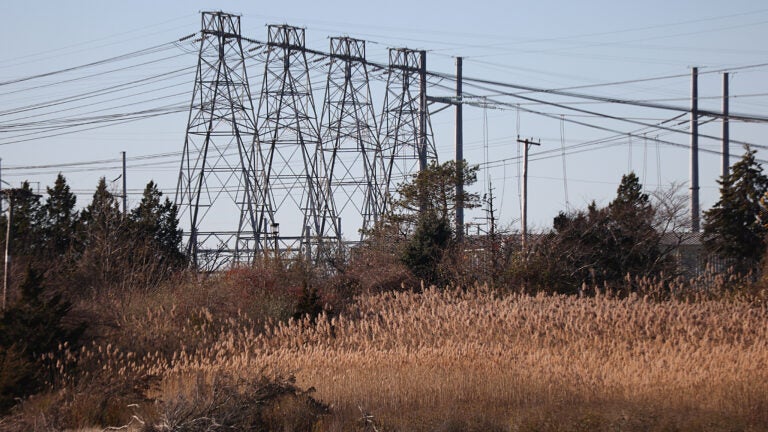Green Energy Dreams Shattered: Biden-Backed Somerset Wind Plant Pulls the Plug

A promising economic opportunity has slipped away for this South Coast community, as a proposed industrial plant—which would have injected both jobs and substantial tax revenue into the local economy—was ultimately canceled. The project, had it proceeded, would have generated up to $14 million annually in tax revenue and created 250 much-needed employment positions for local residents. This unexpected setback represents a significant missed opportunity for economic growth and development in the region.

